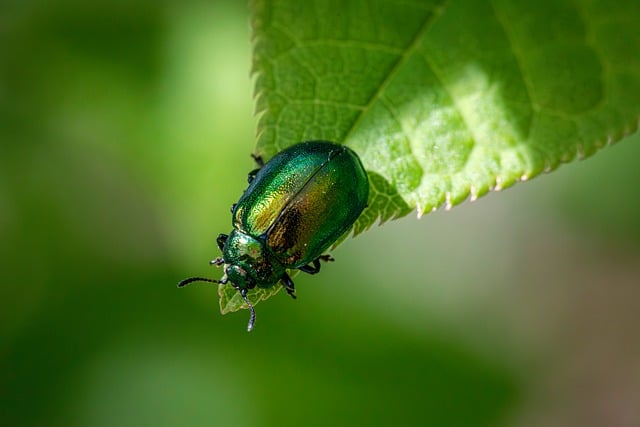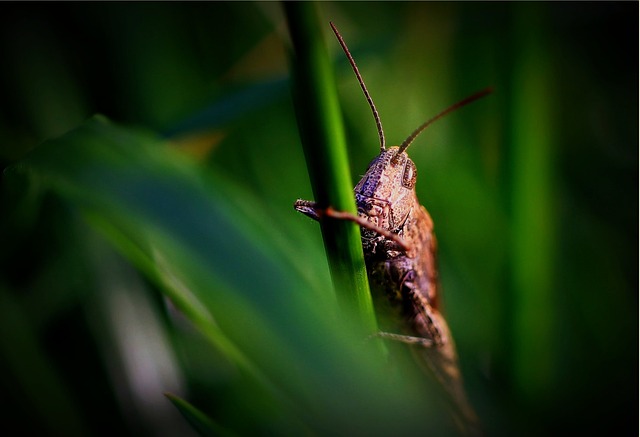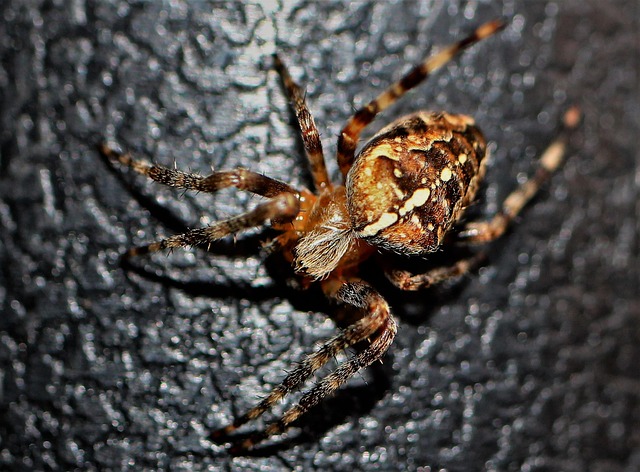Ant infestations disrupt plant growth in Castle Rock's vegetable gardens, but sustainable pest management strategies can help. These include understanding ant behavior, breaking pheromone trails, regular inspections, removing attractions, using natural repellents like citrus peels or neem oil, promoting healthy soil with proper watering and organic fertilizers, companion planting, encouraging beneficial insects, and monitoring for pest activity. By focusing on prevention and natural solutions, Castle Rock gardeners can reduce synthetic pesticide use while protecting their produce and preserving ecological balance.
In the world of sustainable gardening, maintaining a healthy vegetable garden comes with its unique challenges, especially when it comes to ant infestations. Castle Rock gardeners now have access to effective and eco-conscious solutions. This article delves into understanding ant behavior in vegetable gardens, offering practical tips on sustainable pest management, and providing a step-by-step guide for eradicating ant infestations while preserving the ecological balance. Discover how to transform your garden from a buzzing (ant) nightmare to a thriving oasis.
- Understanding Ant Infestations in Vegetable Gardens
- Sustainable Pest Management Practices for Castle Rock Gardeners
- Effective Ant Infestation Solutions: A Step-by-Step Guide
Understanding Ant Infestations in Vegetable Gardens

Ant infestations can wreak havoc on vegetable gardens, disrupting the delicate balance necessary for healthy plant growth. Understanding how ants interact with your garden is crucial in implementing sustainable pest management practices in Castle Rock. These tiny intruders often follow pheromone trails left by their colony members to locate food sources, making it vital to break these trails to limit their access.
Regularly inspecting your garden and removing any potential ant attractions, such as fallen fruits or neglected plant debris, can significantly deter ants. Sustainable methods include using natural repellents like citrus peels or neem oil, which disrupt the ants’ sense of smell without causing harm to beneficial insects. Additionally, promoting healthy soil and plants through proper watering and organic fertilizers strengthens your garden’s defenses against ant infestations.
Sustainable Pest Management Practices for Castle Rock Gardeners

Castle Rock gardeners face unique challenges when it comes to sustainable pest management, especially with vegetable gardens. The region’s climate and diverse ecosystem attract a variety of pests that can damage crops and reduce yields. However, there are eco-friendly strategies that Castle Rock residents can employ to control these pesky invaders. One of the most effective approaches is integrated pest management (IPM), which combines various methods to minimize the use of synthetic pesticides.
For sustainable pest management in vegetable gardens, Castle Rock gardeners should focus on prevention and natural solutions. This includes using companion planting techniques, where certain plants are grown together as they naturally deter pests. For example, marigolds and garlic can help keep nematodes away, while herbs like lavender and basil repel mosquitoes. Additionally, maintaining a healthy garden ecosystem by encouraging beneficial insects such as ladybugs and lacewings will contribute to natural pest control. Regular monitoring and quick response to any pest activity are key to successful sustainable pest management for Castle Rock’s vegetable gardens.
Effective Ant Infestation Solutions: A Step-by-Step Guide

Ant infestations can be a nuisance, especially in vegetable gardens. However, sustainable pest management offers effective solutions for Castle Rock residents looking to protect their produce naturally. Here’s a step-by-step guide to tackling an ant problem while preserving the ecological balance.
First, identify the ant species causing the infestation. Different ants have distinct behaviors and preferences. Next, focus on prevention by maintaining a clean garden. Remove any food sources, especially sweet or sticky residues, that might attract them. Regularly water plants but avoid over-saturation, as ants are drawn to moist environments. Consider using physical barriers like diatomaceous earth or sand around plant bases to deter their entry. If the problem persists, natural repellents like cinnamon, peppermint oil, or neem oil can be applied, targeting ant trails and potential nesting areas. Regular monitoring will help track their activity and effectiveness of these measures.
In conclusion, addressing ant infestations in vegetable gardens requires a combination of understanding and proactive sustainable pest management practices. By adopting eco-friendly methods outlined in this guide, Castle Rock gardeners can effectively control ant problems while promoting a healthier and more vibrant garden ecosystem. Implementing these steps ensures a balanced approach to sustainable pest management for vegetable gardens, fostering an environment that supports both plants and beneficial insects.
